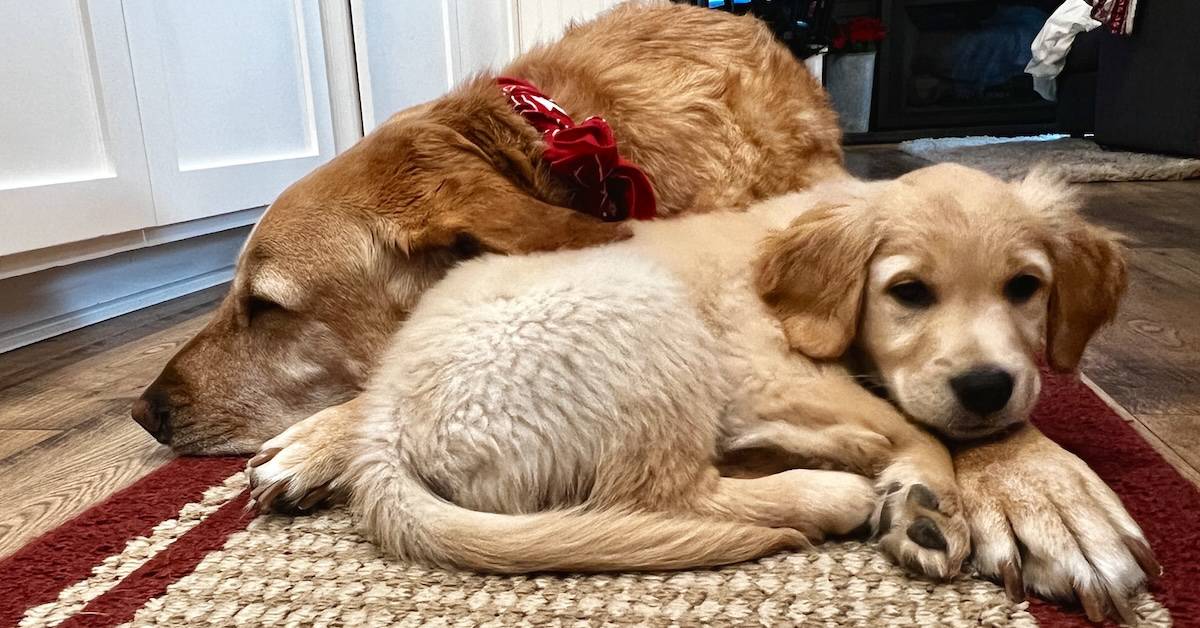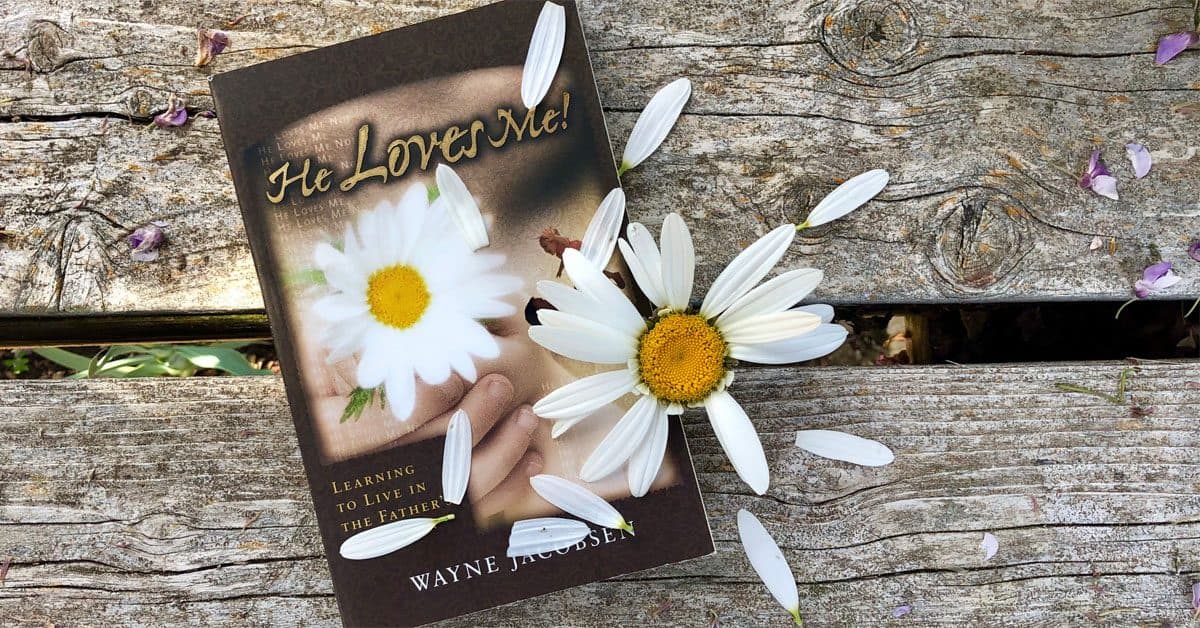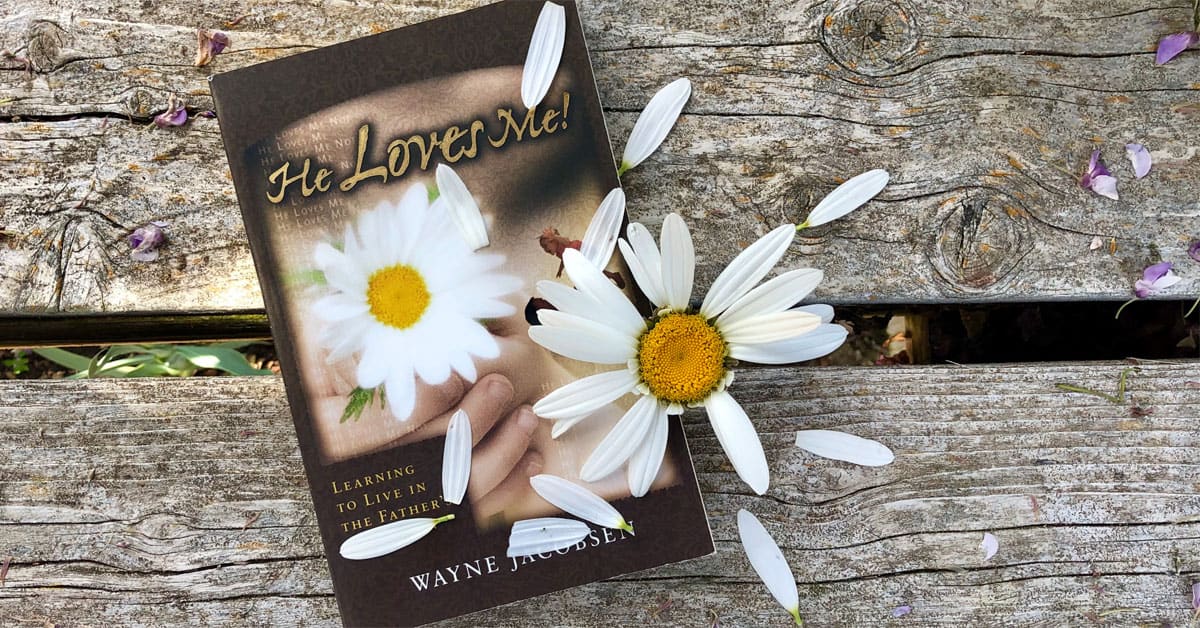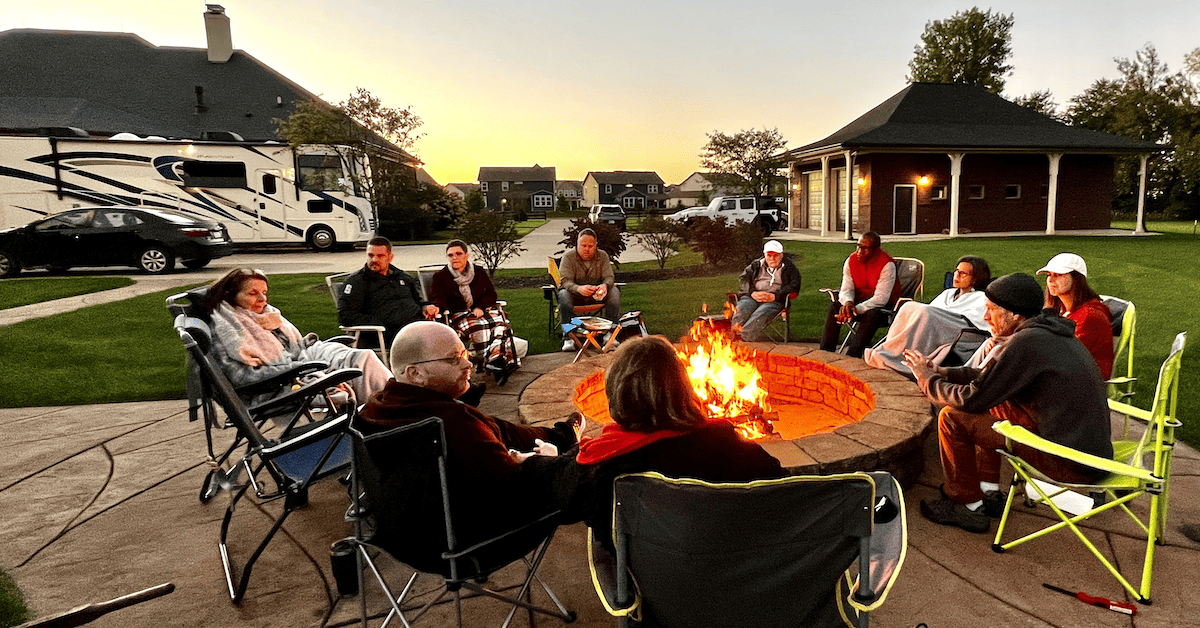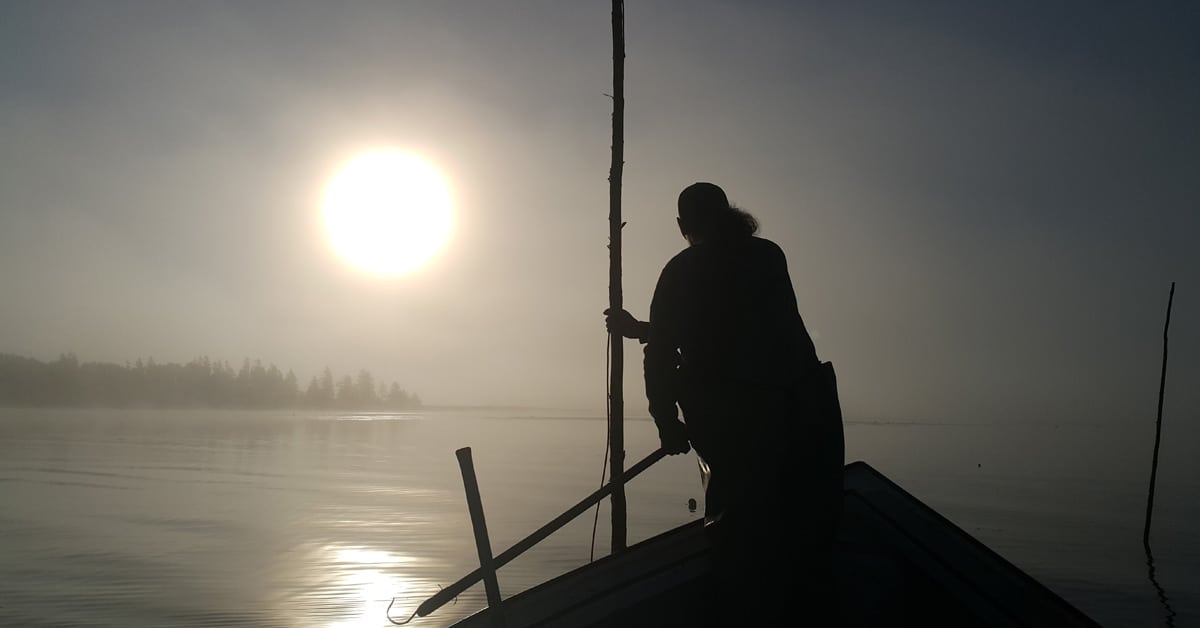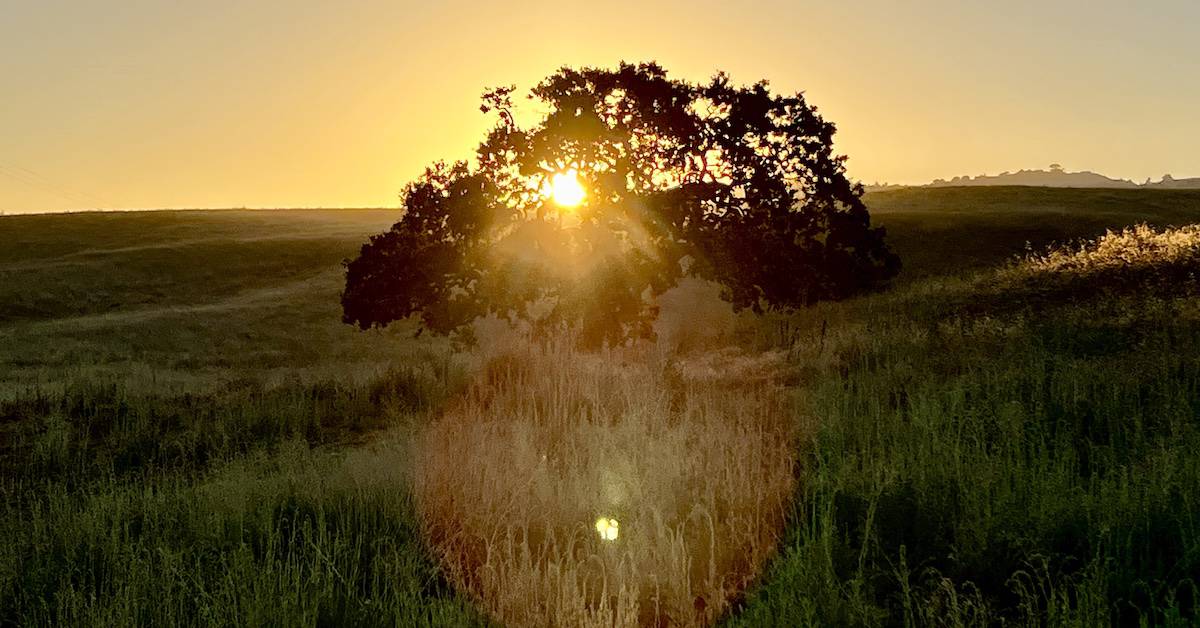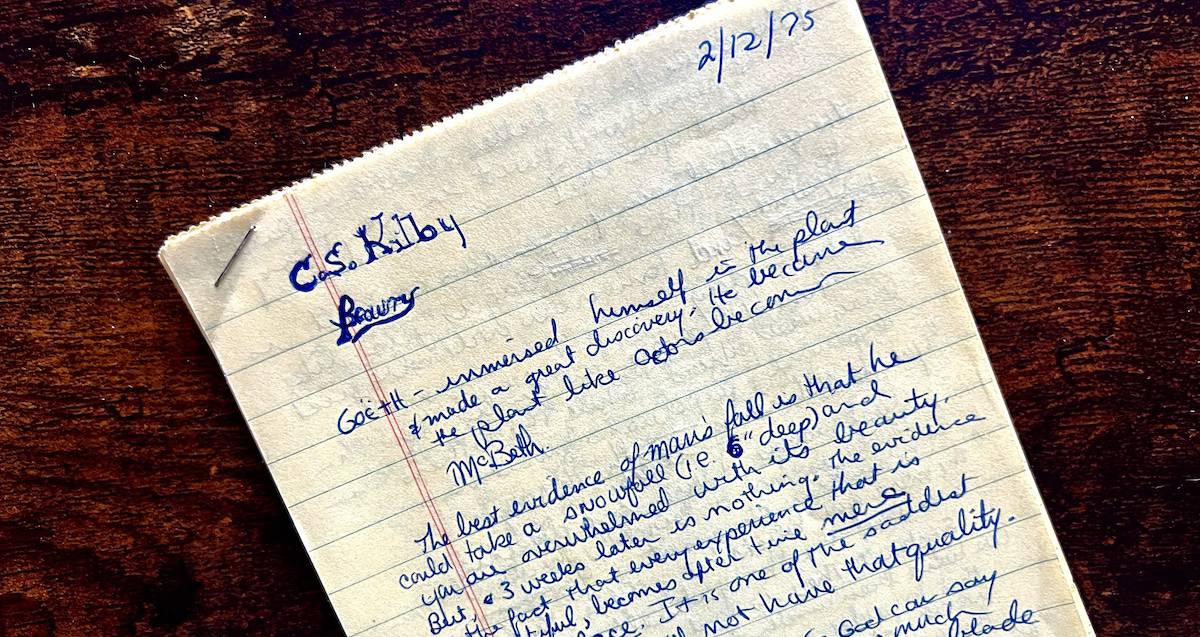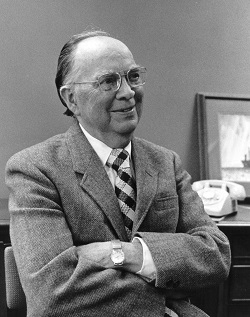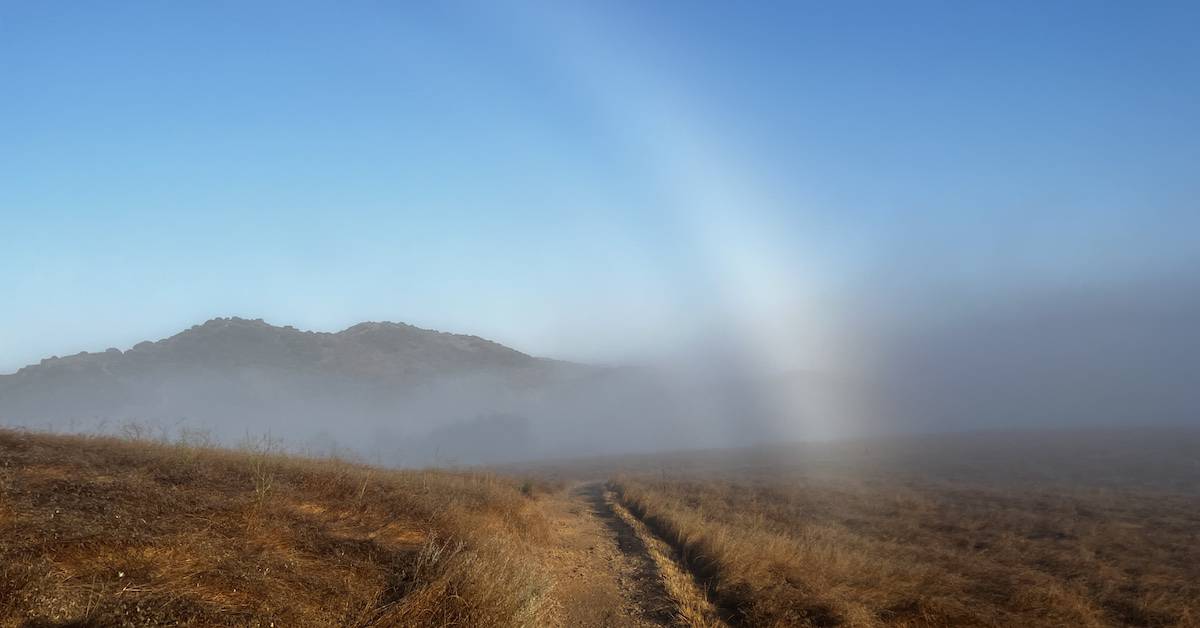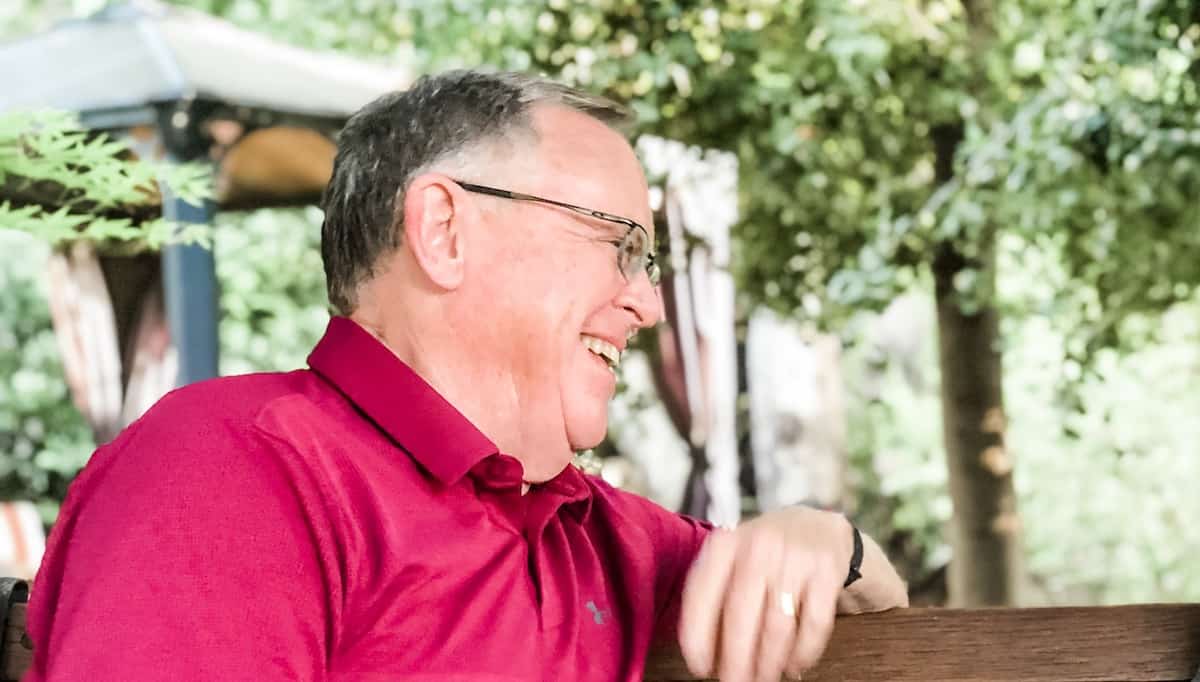The Reality We Relax Into
From the day we brought Mandy, a six-week-old golden retriever puppy, into our home, she has been enthralled with our seven-year-old lab/retriever mix named Zoey. First, Mandy overwhelmed Zoey, trying to relate to her as she had with her mom and the litter of puppies in her previous home. She had no idea how to relate to Zoey, and to be honest, Zoey wasn’t very enthusiastic about this new intruder in our home.
But in four weeks, all that has changed. They are becoming best friends, learning to play, and giving each other the space that will allow this relationship to work. It has been so much fun to watch it happen and so fulfilling to watch them engage each other now and for Zoey to let her sleep in her paws.
I know they are just two dogs, but there is a process for us as well, as we learn to live inside God’s love, especially if your previous home was based on religious performance.
I say it often: learning to live loved is not a matter of human achievement; it is the reality we relax into. That’s what Mandy is learning with Zoey.
And, yes, I understand this is far easier said than done. This is the great transition—from religious performance that seeks God’s blessing to a relational connection where we experience his love and guidance through all life throws at us.
The transition can be brutal. The arc of Scripture contains that exact transition from obeying the law to resting in the Father’s love. It took thousands of years for God to put that into words we’d understand and put in place the mechanism that would allow it to happen. Even then, the early Christians struggled to stay in God’s love as they kept sliding back into the old ways by observing laws and rituals that were never meant to lead them to life.
So, when your performance-based Scripture reading leaves you empty, when your prayers seem futile, when you can’t seem to sense his love, no matter how hard you try, don’t redouble your efforts. This process will take you to the end of yourself, which is what it intends to do. At times, you’ll feel alone, as if you’re missing something everyone else gets. But it isn’t so. Don’t give into the despair that will try to tell you God is not really there, or if he is, you’re not good enough to merit his attention.
He has always had his eye on you. The hunger you feel to know him is the hunger he has inspired in you. Don’t give up; just keep marinating in your heart’s hunger, losing the expectations of what you think God’s work will look like and wait until his nudges and fingerprints begin to come into focus.
I wish I could save you from this process, but I can’t. If your faith and prayer life have been built on doctrines and ideas, switching to a more relational engagement is never easy. To find a new way into his love, the old ways have to die. This is the hard part, watching them die and resisting the urge to save yourself by rushing back into those comforting, though lifeless forms. They will disappoint you yet again and you’ll find yourself still at this point where your religious ambitions and expectations need to surrender to the God who is so much bigger than any of us can conceive.
As those things die, Jesus will show you a different way he is relating to you. This is the most frustrating time in that process, seeing through the old, but not quite grasping the new. It’s like a computer program you’ve always used, and suddenly rebuilt it and changed everything. None of the old ways work; you must learn what will work now. Learning to live a life of love is entirely different than the games of religious performance.
What I hope you don’t do is give up the hunger to know him. Give up the past process—yes! Give up the expectations you have of how God might make himself known—yes again! But don’t give up on him. He has this for you. It’s why it hurts so badly—because he has created in you a heart that will be satisfied with nothing less than him. You’ve asked for that. He’s all on the way to fulfilling that desire.
In reading Romans recently, I took note of these two passages. One about why Israel missed the revelation of God, and one that lets us know why a small minority find it:
And Israel, who seemed so interested in reading and talking about what God was doing, missed it. How could they miss it? Because instead of trusting God, they took over. They were absorbed in what they themselves were doing. They were so absorbed in their “God projects” that they didn’t notice God right in front of them. —Romans 8:31-32 (MSG)
I have been there. So enmeshed in my “God projects” that I walked right by his nudges and invitations. Yes, it was at the end of myself, frustrated by the fact that my religious journey to that point had only allowed me glimpses of goodness but not the relationship my heart desired. How do we find that. Here’s what Paul goes on to say about those who find their way into his goodness:
They’re holding on, not because of what they think they’re going to get out of it, but because they’re convinced of God’s grace and purpose in choosing them. —Romans 11:6 (MSG)
Even our relationship with him cannot be found seeing our own fulfillment, though it will fulfill us in ways we never dreamed. This journey is about finding your way into the reality of who God is and how he wants to make himself known to you. Remember, God’s love is a reality we relax into. Expectations, frustrations, and demands will only make it more difficult for us. God loves you, knows where you are, and is building that connection with you, especially in those frustrating moments when you feel abandoned and alone.
The only way you can miss it is to give up or try to force your way in. Hang in there. As the old dies, you’ll find that path that will lead you into the relationship you desire. And you will find yourself at rest in the Father’s arms, just like Mandy is in Zoey’s.




